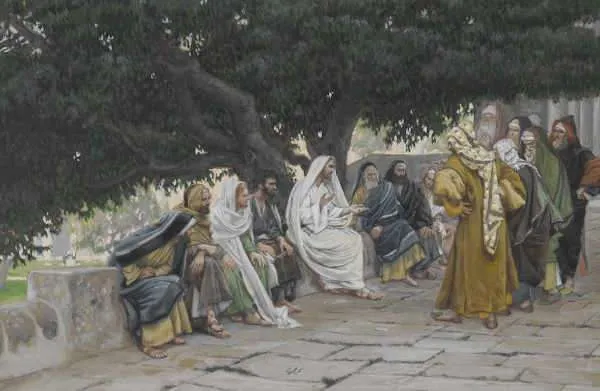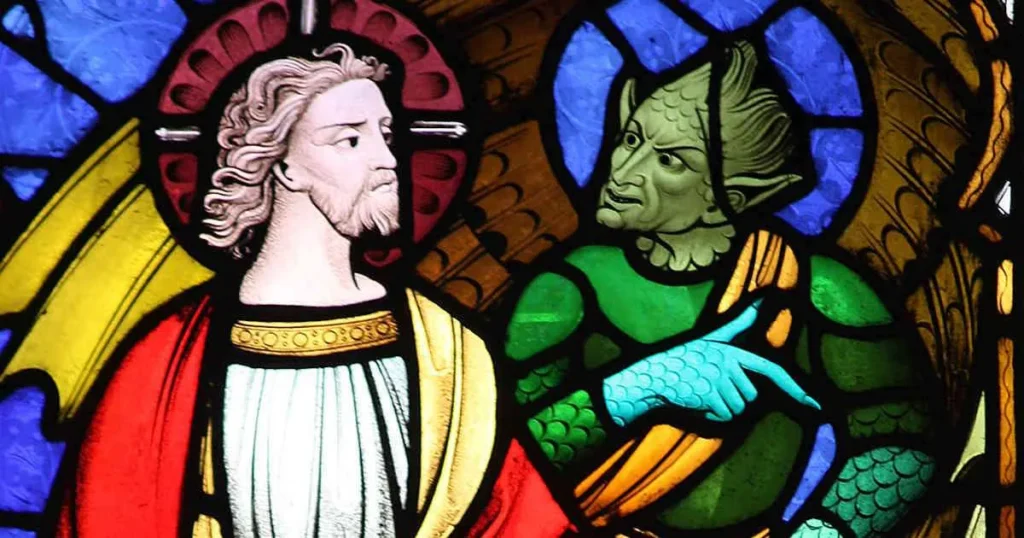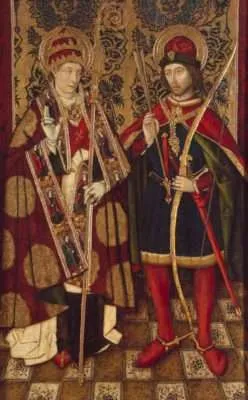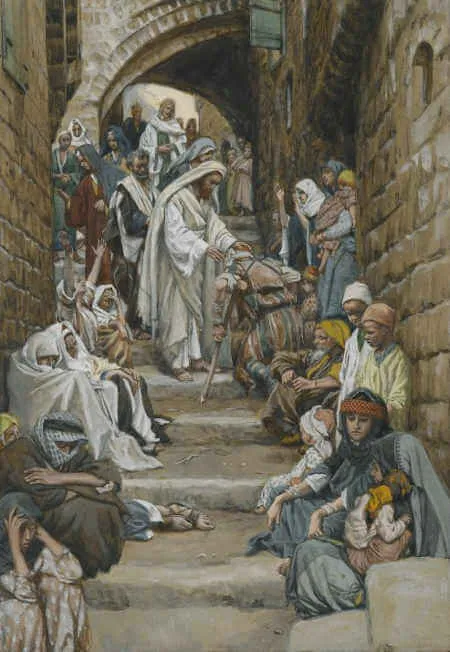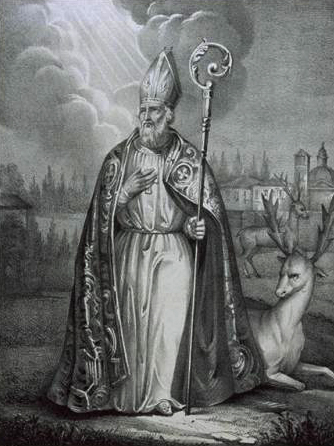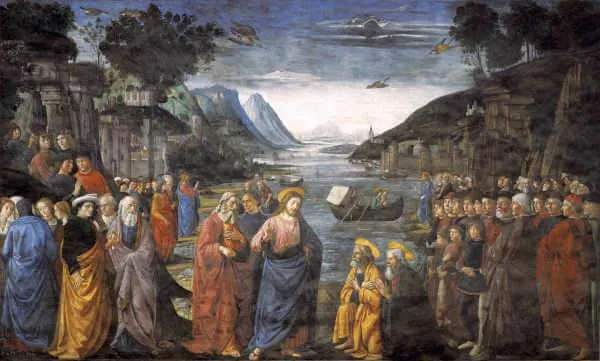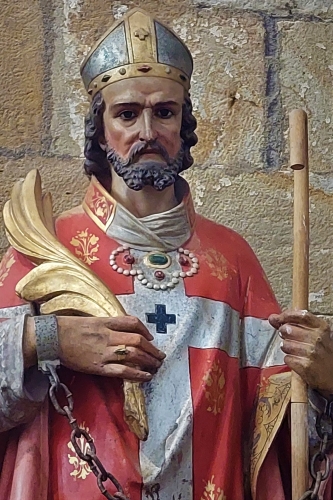Day of Prayer for the Legal Protection of Unborn Children
We remember today the tragic United States Supreme Court decision, Roe v. Wade, issued on January 22, 1973, that essentially legalized abortion in all fifty states for almost fifty years. By God’s grace, that decision was finally overturned on June 24, 2022, by the Supreme Court case Dobbs v. Jackson.
Though that latter decision gives us much to be grateful for, the battle for the sanctity of life must continue, since the Dobbs v. Jackson ruling simply deferred the decision on abortion to state legislatures. Thus, abortion remains legal in the majority of states in the United States and continues to be legal in many other countries around the world.
Throughout the world, the World Health Organization (WHO) estimates that there are approximately 40–50 million abortions every year. That translates into about 125,000 abortions every day. Up until the Dobbs v. Jackson decision, the WHO further estimated that twenty-two percent of all pregnancies in the United States ended by abortion, over one million abortions every year. These numbers are conservative estimates, given that the WHO promotes abortion.
Too often, abortion advocates premise their arguments on a woman’s right to do what she wants with her own body. Yet a baby in the womb is a new life, distinct from the mother’s, with as much dignity, beauty, and value as any other life, including the mother’s. The psalmist puts it this way, “You formed my inmost being; you knit me in my mother’s womb. I praise you, because I am wonderfully made; wonderful are your works!” (Psalm 139:13–14).
It is true that an unplanned pregnancy brings with it a myriad of concerns. But no such concern is so grave that it justifies taking an innocent life at its most vulnerable stage of development. “Such attacks strike human life at the time of its greatest frailty, when it lacks any means of self-defense” (Saint John Paul II, Evangelium Vitae, #11).
Much rhetoric has unsuccessfully attempted to justify abortion. Yet while debate over abortion never ceases, eternal truths never change. “Human life must be respected and protected absolutely from the moment of conception. From the first moment of his existence, a human being must be recognized as having the rights of a person—among which is the inviolable right of every innocent being to life.” (Catechism of the Catholic Church #2270).
In response to this ongoing attack against human life, the bishops of the United States have designated today as “a particular day of prayer for the full restoration of the legal guarantee of the right to life and of penance for violations to the dignity of the human person committed through acts of abortion” (GIRM #373).
Note that our bishops wisely call for two distinct actions today. First, they call for prayer so that the innate right to life is legally guaranteed. Without this most fundamental right, no other rights matter. Second, they acknowledge the countless violations that have already been committed against human dignity by abortion, and call us to do penance to help atone for those violations.
Today, call to mind that the weakest, most vulnerable, and most at-risk human beings need you. Statistically speaking, the most dangerous place to live is within the womb. Also call to mind every mother who finds herself in an unplanned pregnancy.
Both child and mother need your prayers and your acts of penance—that every mother makes the choice for life, and that the right to life will be enshrined in every civil law throughout the world. Your acts of penance help atone for every abortion committed, especially for the repentance and healing of everyone involved. Don’t underestimate the power of your prayers and penance. Unite yourself to the Body of Christ, and do your part to bring healing to the past and true hope for the future.
Source: https://mycatholic.life/saints/saints-of-the-liturgical-year/january-22-day-of-prayer-for-the-legal-protection-of-unborn-children-usa-memorial/
Day of Prayer for the Legal Protection of Unborn Children Read More »



